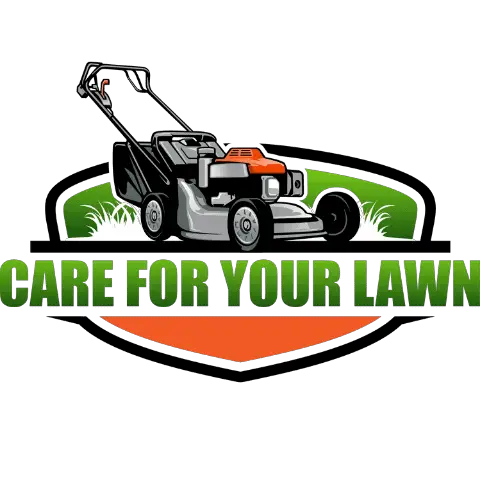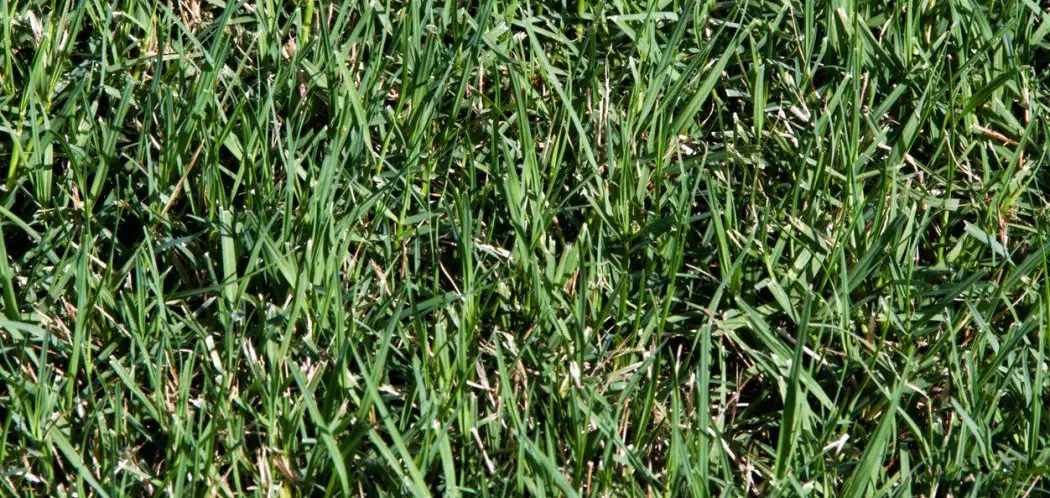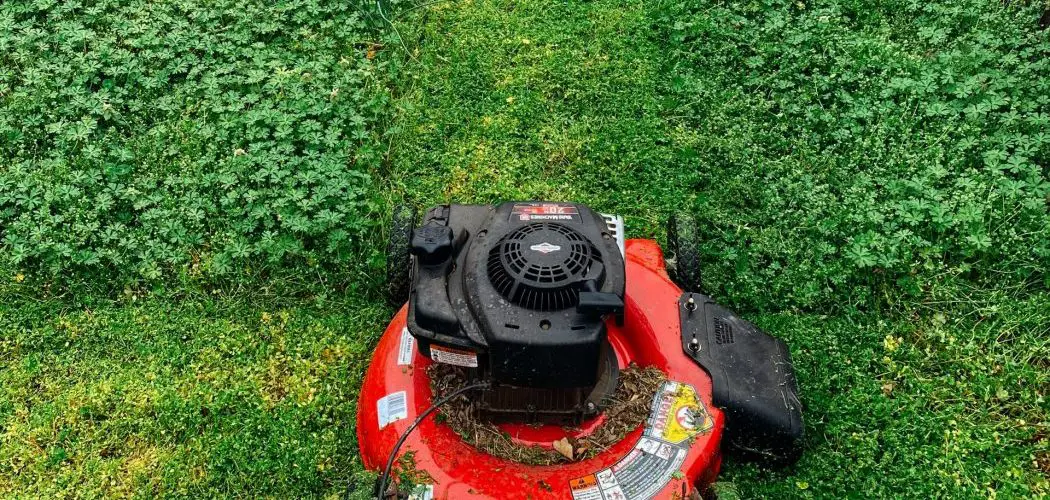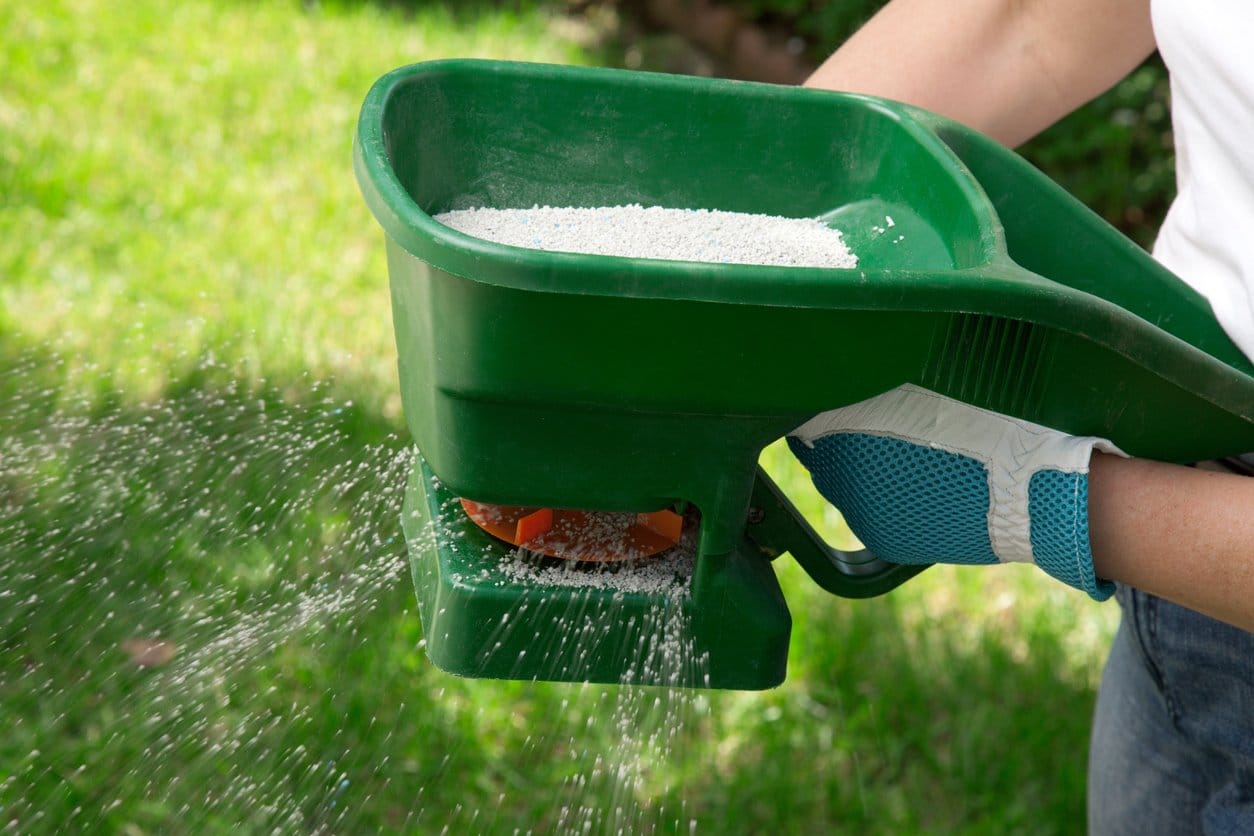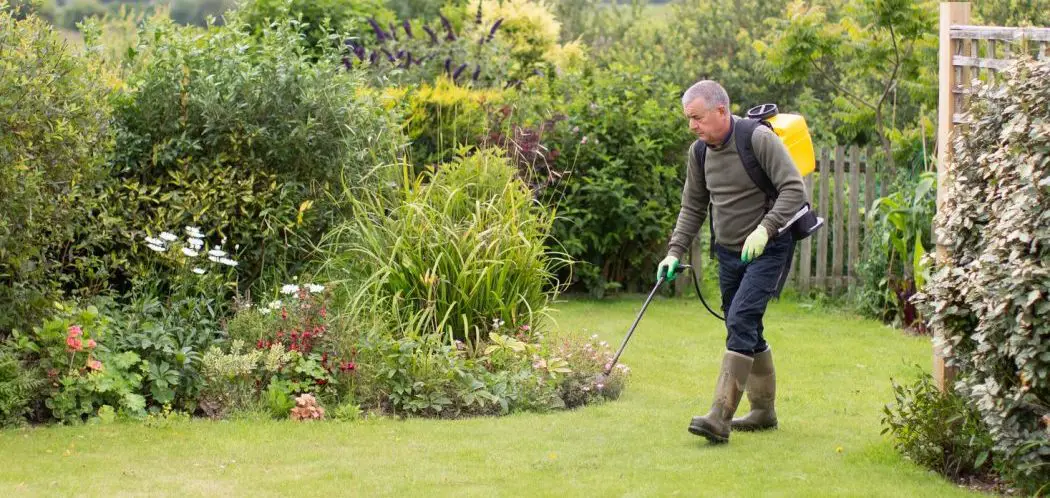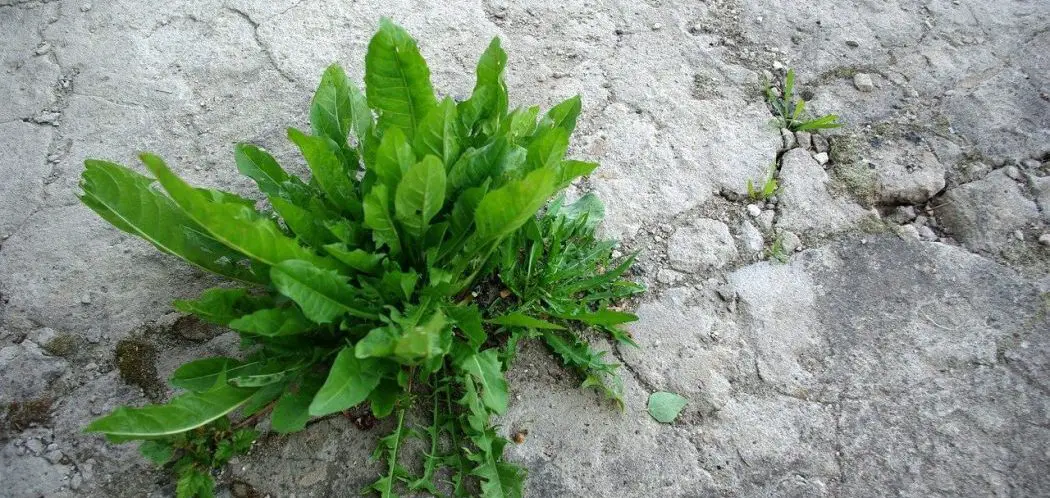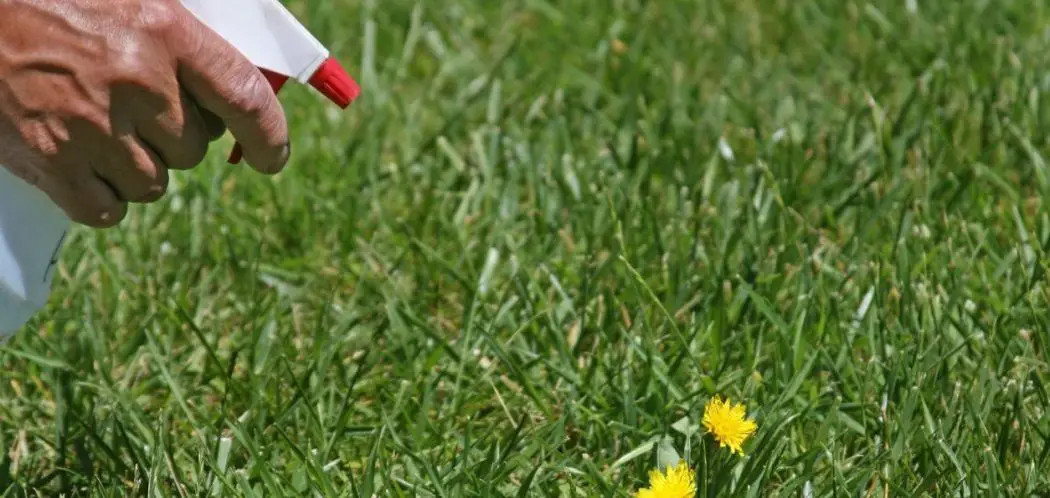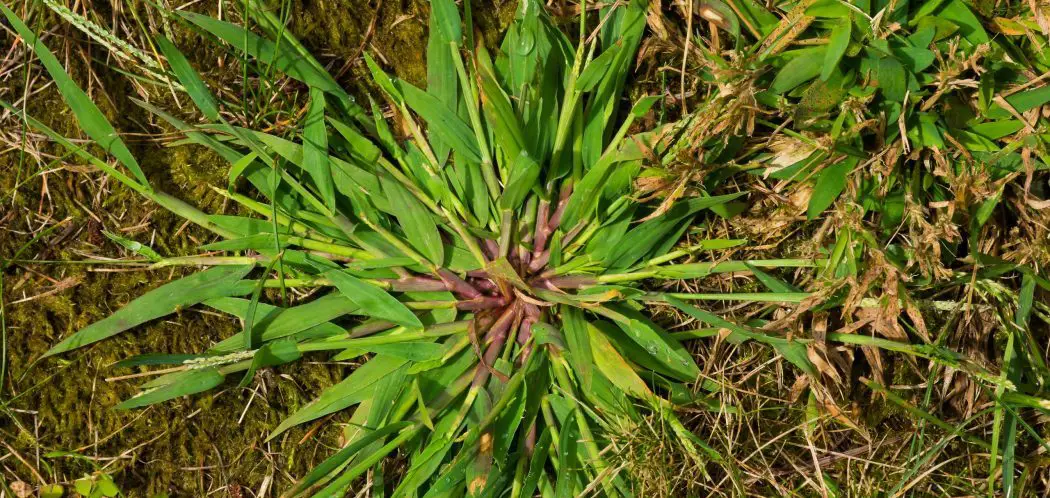Weeds are the arch nemesis of any lawn owner. Weeds are characterized as any plant whose undesirable qualities outweigh their desirable ones. Weeds are a problem for lawns because these unwanted plants compete with your grass for water, light, and nutrients.
Will bermuda grass choke out weeds?
Bermuda grass is one of the most resilient grass types. It’s also fast growing which makes it effective at crowding out other plants. Unforutnately weeds can overtake any lawn if appropriate measures are not taken to ensure the grass grows thick enough to leave little room for them to grow.
Keeping your Bermuda grass healthy will give it an advantage over weeds
Here are the best tips for keeping your Bermuda grass healthy.
Fertilizing
You can do so by regularly fertilizing your lawn. Bermuda grass lawns should receive about three pounds of nitrogen per one thousand square feet every growing season. Additional fertilizer should be applied as needed based on the results of a soil test.
Water
Routinely water your grass and avoid drought conditions. Lawns should be given one inch of water each week. This amount may be increased in the summer when rainfall is unlikely. Weeds tend to be drought-tolerant. If your Bermuda grass dies during a drought, surviving weed seeds will quickly invade.
You can condition your grass to be more drought-resistant by watering it infrequently. It may seem easiest to set your sprinkler to go off at the same time every day but it is important that grass roots develop deep into the soil.
Frequent and shallow watering will lead to the roots developing close to the surface of the soil. Shallow roots can leave a plant exposed to injury as well as making it more susceptible to weed roots overtaking them.
Generous and infrequent watering leads to roots that grow deeper into the soil as they search for more moisture in between showers.
Dethatching
Dethatch your grass as needed. Thatch is the buildup of organic materials below the grass but above the soil.
Removing thatch from your lawn oxygenates the soil, making plants grow healthier. It can also remove any seeds from weeds that have blown in from surrounding areas.
Aeration
Aeration is another process that can ensure a healthy lawn. Aeration reduces soil compaction. Soil compaction prevents water and micronutrients from penetrating the soil. Grass grown in compacted soil will often have shallow roots. These shallow roots can easily be overwhelmed by invading weed seeds and roots.
Heavily compacted soil in high-traffic areas should be aerated once per year. The rest of your lawn should only need to be aerated once every two to three years.
Overseeding
Overseeding is also a great way to ensure a thick, healthy turf. Overseeding is the process of adding grass seeds to existing turf. The result is a lawn with high-density grass. This density blocks excess sunlight from reaching potential weed seeds lurking in your lawn.
What Kills Weeds in Bermuda Grass?
When your Bermuda grass is unable to choke out weeds on its own, it’s time to lend a helping hand.
Mower Height
Adjusting the height of your mower can help eliminate weeds. Bermuda grass is typically shorn down to a height of one to two inches. When weeds are present, raise your mowing height to three inches. The longer grass blades will shade the weeds. Without sunlight, the weeds will soon wilt and die.
After they have perished, carefully remove the weeds and discard them.
Using a Catcher
Use a catcher or bag to retain your lawn clippings. This will prevent the seeds and parts of weeds from being spread and growing.
If you are an avid composter, adding your lawn clippings to your compost pile in the middle of weed season is frowned up. Utilizing compost before it is fully cured could result in spreading the seeds of previously cut weeds into your yard.
Weeds
Extracting weeds from your yard is a crucial step in keeping their population low. Grass-like weeds can be pulled out from the ground. Woody stemmed weeds and those with deep root systems should be dug out to prevent weed regrowth.
Herbicides make up modern-day weed killers. An herbicide is any substance that is toxic to plants.
Based on their mode of action, they can be classified into two basic categories: contact herbicides and systemic herbicides.
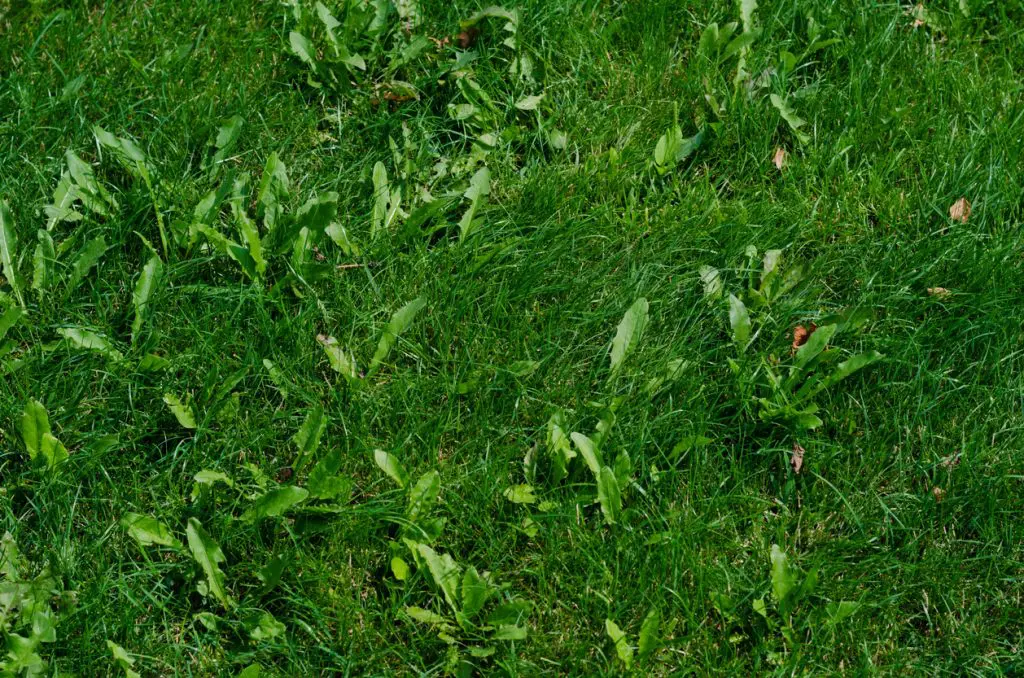
Contact herbicides
Contact herbicides kill every part of the plant that they come into contact with. This type of herbicide shows immediate results but the results may not be long-lasting. This herbicide will only kill the above-ground portion of the weed. Any roots or rhizomes will remain untouched. Most weeds can grow back from their roots.
Systemic herbicides
Systemic herbicides are absorbed by the plant. As the chemical is circulated throughout the plant, the entire weed dies. From there, the options for herbicides increase. Selective herbicides kill certain plants while leaving others unharmed. As crabgrass is a bother all across the United States, you can find an herbicide specifically designed to target crabgrass.
Non-selective herbicides will kill anything green they come into contact with. Unless your goal is to kill your Bermuda grass as well, this isn’t the best option for spot applications. Pre-emergence herbicides are the best choice. This type of herbicide prevents the germination of weed seeds. For perennial weeds, this guarantees that you won’t see any Yellow Nutsedge next season either.
Will Bermuda Grass Choke Out Crabgrass?
Crabgrass is an annual weed that is hardy and grows close to the ground. Crabgrass’s growing season is the summer. It is extremely tolerant of drought conditions. Crabgrass seeds need sunlight to germinate. These seeds are less likely to germinate if your Bermuda grass is grown into a thick turf.
Healthy, established Bermuda grass can choke out newly growing crabgrass. However, if the crabgrass existed in the lawn before you began seeding your Bermuda, the crabgrass will likely win. In that instance, application of an herbicide is absolutely necessary.
You can choose to use a pre-emergent herbicide that will keep the crabgrass from coming back, or you can use a post-emergent herbicide. Post-emergent herbicide will also kill any Bermuda grass that it comes into contact with, but the Bermuda will grow back from its roots. As an annual, the crabgrass will not come back if the mature plant is killed before it can seed the area.
What Type of Grass Will Choke Out Weeds?
Grasses that form a thick turf are ideal to prevent weed growth in your lawn. Zoysia grass is an excellent option for a weed-free lawn. Zoysia grass grows horizontally through stolons. Not only does this hinder its height but it helps the grass grow into a thick mat. Zoysia grass’s roots grow deep into the soil, preventing invasive species from germinating.
Zoysia grass requires less mowing than other laterally growing grasses, preventing the spread of weed seeds via your lawn mower.
Cool Season Ryegrass
Cool-season rye grasses emit chemicals that kill weeds. Once matured, it can easily overcome crabgrass and duckweed. It will also kill any other grass grown in conjunction with it. This can be remedied by planting pure perennial rye grass, or by planting annual rye grass and seeding with a different grass during the warm seasons.
Tall Fescue
Tall fescue grass also possesses weed-killing powers. Although it is classified as a cool-season grass, fescue tends to be drought- and heat-tolerant, thanks to its deep root system.
Warm Season Grasses
Warm-season grasses are typically drought tolerant. This means when the summer heat is beating down on your lawn, these grasses will still look pristine. Choosing a grass that is drought-tolerant closes the door to weeds that will try to invade during the heat of the summer.
Bermuda grass, St. Augustine grass, and Bahia grass are all excellent choices for warm-season grasses.
Approximately twenty percent of the continental U.S. is in the warm-season zone. States in the Deep South and Southwest should opt for warm-season grasses that can stand up to their harsh summers. About sixty percent of states are located in the cool-season zone and should opt for grasses such as rye and fescue to stamp out weeds.
Transitional Zone
The remaining twenty percent live in the transitional zone. Here, the weather is generally considered mild with no extreme temperature changes throughout the year. Kansas, Colorado, and Tennessee residents can pick either season of grasses or a blend of the two.
If you choose a grass that is not suitable for the climate of your region, weeds can easily invade when your plants are in their wilted or dying stage. There are a plethora of herbicide options to help you kill existing weeds in your yard. Once they have been eliminated, you can focus on preventive measures to keep these unsightly, invasive plants at bay.
In Summary – Can Bermuda Grass Choke Out Weeds?
Weed prevention is much easier than weed control. Keep unwanted plants out of your yard by cultivating a healthy, dense lawn. Beside the benefit of choking out weeds, thick lawn foliage holds up better to wear and tear. Choose a grass that is suitable for the climate you live in but gives the potential to grow thickly to shade budding weeds. If the grass doesn’t naturally grow thick, you can overseed and routinely fertilize the seedlings to produce a more dense turf. Lawn maintenance is the key to annihilating weeds.
